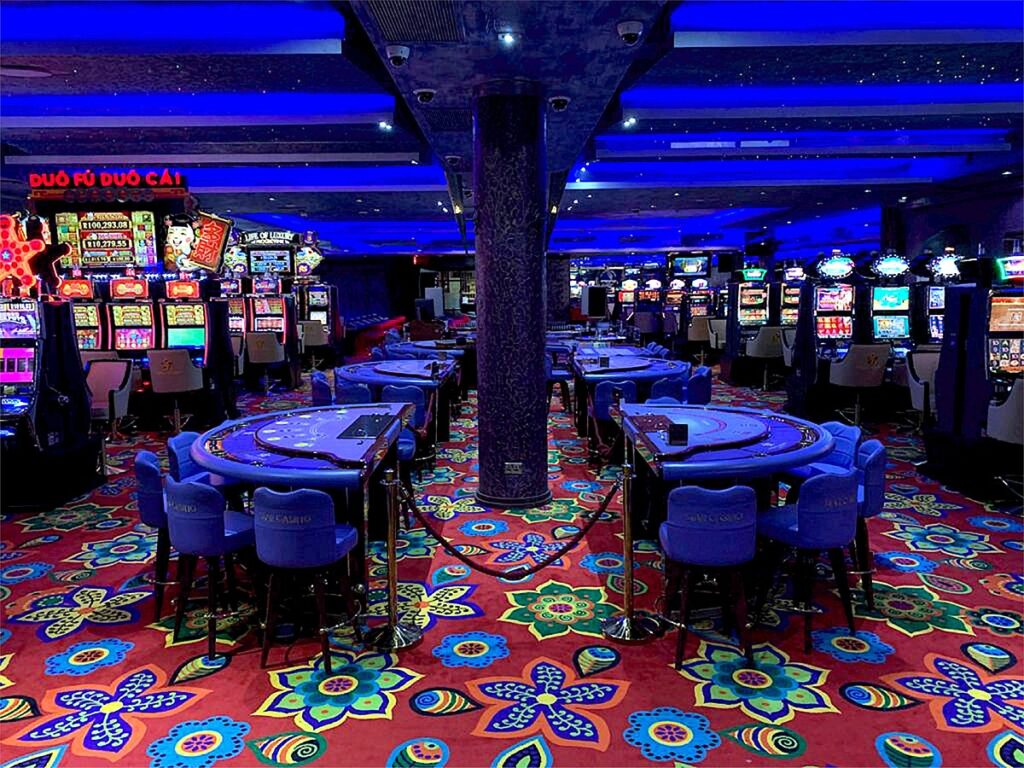Star, an Australian gaming company, faced a 4.6% decline in revenue across its properties in the third quarter, as compared to the same period last year.
This downturn was attributed to decreased earnings from premium gaming rooms, despite a rise in revenue from the main gaming floors.
The Star Sydney experienced the most significant drop in premium gaming room revenue, falling by 19.3%.
The Star Gold Coast and Treasury Brisbane also saw decreases of 20.0% and 28% respectively.
However, these declines were partially offset by a 5.4% increase in revenue from the main gaming floor at The Star Sydney, 4.6% at The Star Gold Coast, and 6.4% at Treasury Brisbane.
Despite these challenges, Star disclosed gaming levies and taxes totaling $105.0 million for the quarter, which was a 2.9% decrease from the previous year.
The highest costs and net revenue were recorded in January, with $37.1 million in levies and $146.6 million in net revenue, respectively. March saw the peak in operating expenses at $97.1 million, contributing to a total of $276.3 million for the quarter, marking a 4.2% improvement.
Normalized earnings before interest, taxes, depreciation, and amortization (EBITDA) fell significantly by 11.5% to $37.9 million.
However, normalized EBITDA showed improvement, rising to $9.3 million from a $6.0 million loss year-on-year.
The financial update came amid ongoing leadership changes and regulatory challenges for Star.
In March, CEO Robbie Cooke and CFO Christina Katsibouba resigned. David Foster was then appointed as the interim executive chair as the company continued its search for a new CEO.
This turnover followed a tumultuous period in leadership, with Cooke being the fourth CEO within a year.
Additionally, the company faced significant regulatory scrutiny.
Following a series of investigations and regulatory reviews, Star was deemed “unsuitable” to hold licenses in Queensland and New South Wales, leading to the suspension of its licenses and hefty fines totaling $200 million across both states.
These developments occurred in the context of the New South Wales Independent Casino Commission’s second inquiry into Star, known as Bell Two, which began on February 19.
This inquiry aims to assess the company’s culture and the impact of the first Bell report’s recommendations.
Notably, Star had implemented 22 out of 30 suggested improvements from the initial inquiry by the time Bell Two commenced.
The challenging regulatory landscape and operational issues underscore the company’s turbulent quarter, as it navigates through these adversities while striving for compliance and operational recovery.
